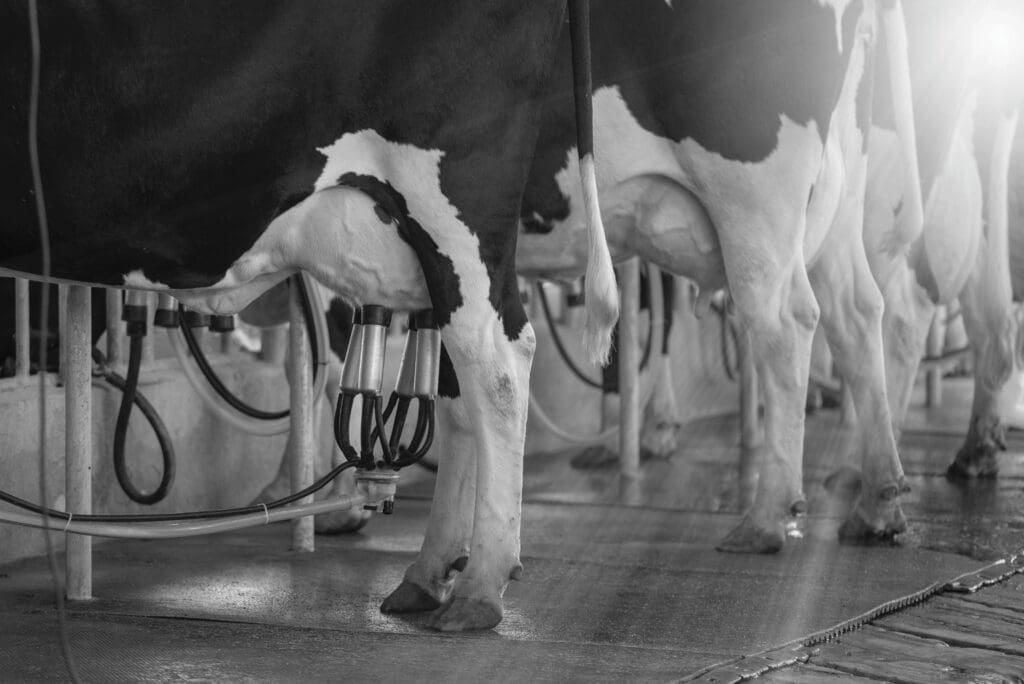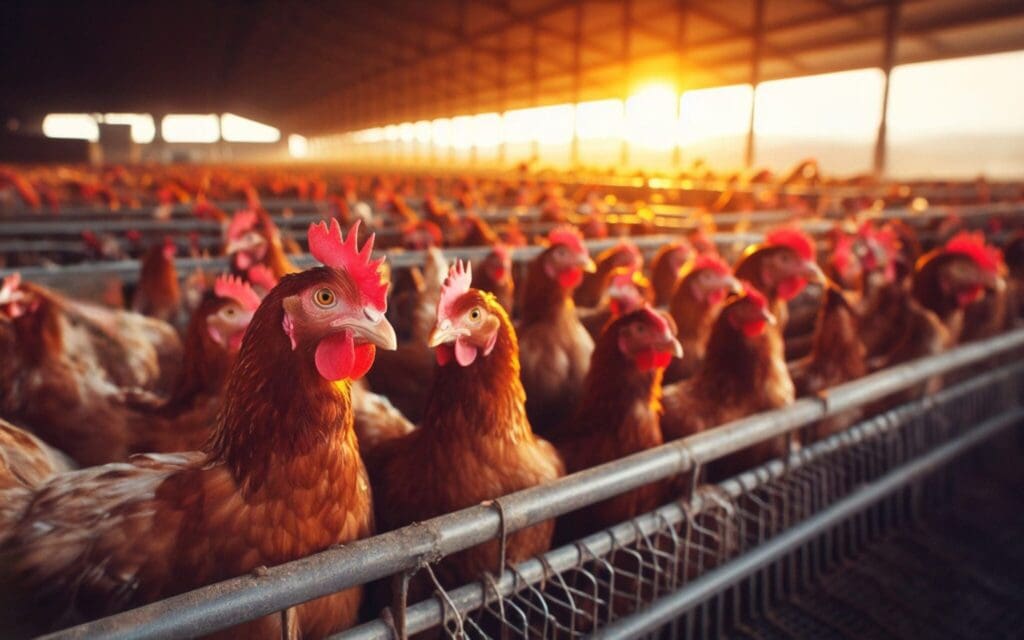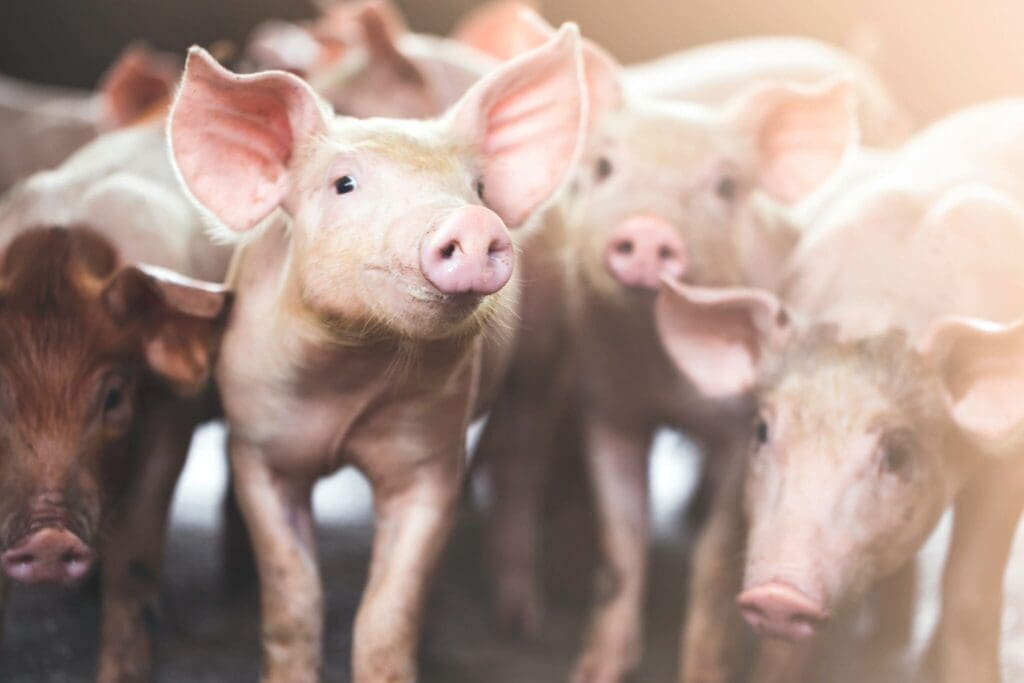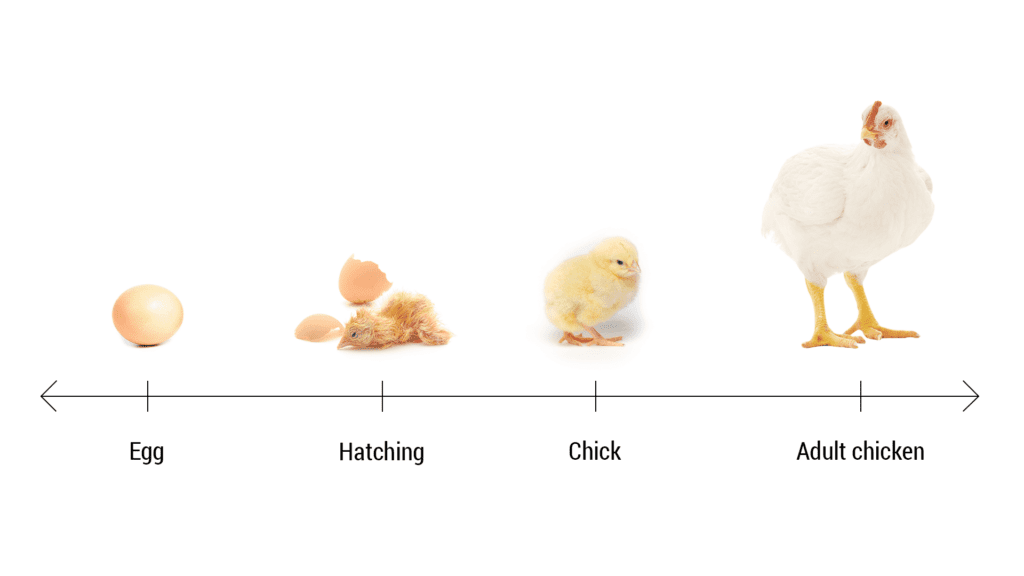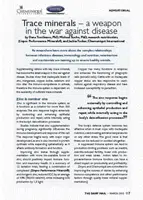As researchers learn more about the complex relationships between infectious diseases, immunology and nutrition, veterinarians and nutritionists are teaming up to ensure healthy animals.
Supplementing rations with key trace minerals, has become the latest weapon in the war against disease. Studies show that inadequate levels of zinc, manganese, copper, iodine, selenium and iron alter the immuno-competence in animals; therefore the immune system is dependent on the availability of sufficient trace minerals.
Zinc is number one
Zinc is significant in the immune system, as it functions as a cofactor for more than 300 enzymes. The zinc response begins externally by controlling and enhancing epithelial production and repair, while internally acting in the body’s detoxification processes.
Studies indicate that zinc supplementation during pregnancy, significantly influences the immune development and response of the calf. The response begins early with major organ development, as zinc is also involved in protein synthesis while expanding systematically as it affects antibody formation and function.
Improving zinc status through supplementation with more bio-available forms of zinc, should positively impact immune function and mammary health. In a summary of
12 lactation trials, feeding a combination of complexed (Zinpro Performance Minerals®) and inorganic zinc, reduced SCC by an average of 33% (98,000 cells/ml), while increasing milk production by 1,3 kg/d.
Copper has many functions in enzymes and enhances the functioning of phagocytic cells (somatic cells). Cattle with an inadequate copper status are less responsive to vaccinations against respiratory disease and have increased susceptibility to parasitism.
“The zinc response begins externally by controlling and enhancing epithelial production and repair, while internally acting in the body’s detoxification processes”
The body’s defence system becomes less effective when it must cope with inadequate nutrition, overcrowding, extreme temperatures or any other stress. The good news is that these can be reduced or avoided altogether.
A suppressed immune system can lead to production-limiting problems such as mastitis, metritis-reduced fertility, lower milk production and weak calves. Action taken to improve/ enhance immune function, can have a direct impact on productivity and profitability.
Zinpro and Chemuniqué are committed to improving the success of dairies by enhancing immuno-competence and other performance factors through quality trace mineral supplementation.
Chemuniqué empowers feed and food producers with the most innovative animal performance solutions, enabling our clients to consistently advance the efficiency of production.
